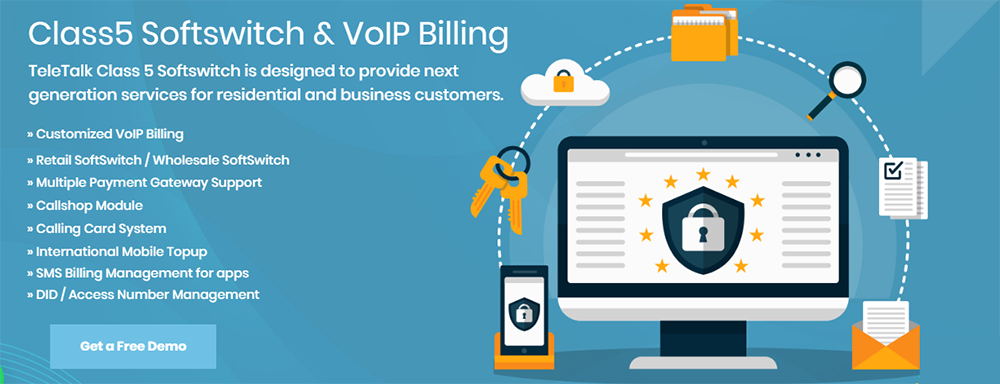Voice over Internet Protocol (VoIP) technology is at the vanguard of the revolution in communication that the digital era has brought us. It has changed the telecoms scene, making communication not only effective but also affordable. We cordially welcome you to go on a trip with us as we explore the world of VoIP billing systems in this post. These hidden heroes fuel our fluid interactions.
The Revolution of VoIP
VoIP, or voice over Internet protocol, is a technology that enables voice and multimedia conversations over the Internet. By providing a more flexible and affordable alternative, it has upended conventional telephone infrastructures. VoIP eliminates the need for conventional phone lines by allowing users to make voice calls, and video calls, and transmit multimedia messages via the Internet. Businesses and service providers need effective and reliable tools to handle their invoicing processes as VoIP use grows. VoIP billing solutions are useful in this situation.

VoIP Billing Systems‘ Function
The core of VoIP service management is VoIP billing systems. They act as a link between service providers and their clients, making sure that all facets of communication are properly taken into consideration. They contribute in the following ways to the VoIP ecosystem:
- Rate Management: VoIP billing systems deal with complicated pricing structures, such as call tariffs, data use fees, and international call rates. They make certain that consumers get accurate billing depending on their use habits.
- Real-Time Billing: Because these systems provide real-time billing data, users can keep tabs on their consumption and costs as they accrue. This openness encourages confidence and empowers people to make wise choices.
- Customization: VoIP billing systems provide a great degree of adaptability, enabling service providers to design their billing schemes to meet the requirements of different consumer groups. VoIP systems are capable of supporting various types of billing, including subscription-based, postpaid, and prepaid.
- Fraud Prevention: VoIP billing systems contain strong fraud detection technologies to track down and stop illegal activity like call spoofing.
- Account management: Through user-friendly interfaces, customers can access their accounts, examine their billing history, and make payments, improving their entire experience.
The Advantages of VoIP Billing Services
VoIP billing systems include several benefits for both users and service providers, including:
- Savings: VoIP technology automatically lowers communication expenses, and billing mechanisms guarantee appropriate cost distribution.
- Scalability: VoIP billing systems may readily expand as a firm expands to handle more customers and traffic.
- Automation: Manual billing procedures take a lot of time and are prone to mistakes. VoIP billing solutions simplify the billing process, minimizing mistakes and boosting effectiveness.
- Data Insights: These systems provide insightful data that aids in decision-making, service improvement, and customer satisfaction for service providers.
Conclusion
Unheralded VoIP billing systems are responsible for the smooth and economical communication experience that VoIP technology provides. They enable service providers to provide dependable and individualized services to their clients while also streamlining invoicing procedures.
It is a strategic need for companies and service providers to invest in a strong VoIP billing solution if they want to remain competitive in the fast-paced telecoms sector. It is the secret to using VoIP technology to its full capacity, changing communication, and gaining delighted and devoted consumers.